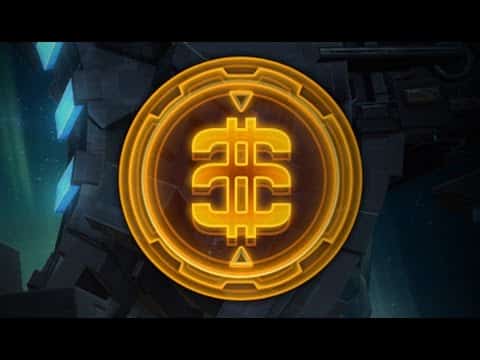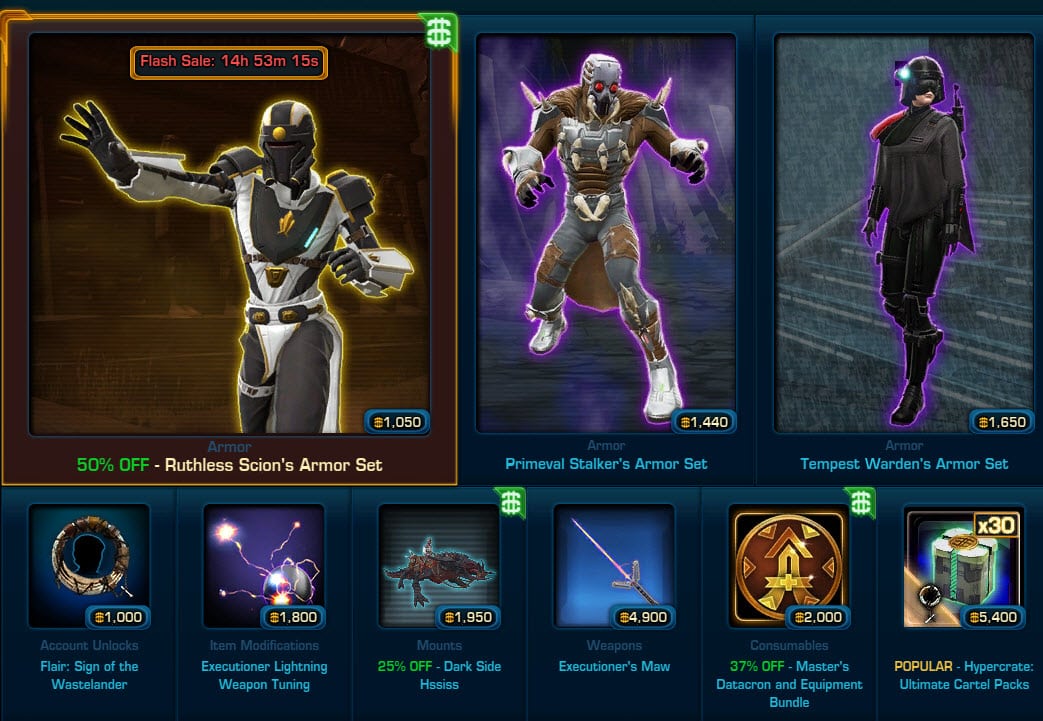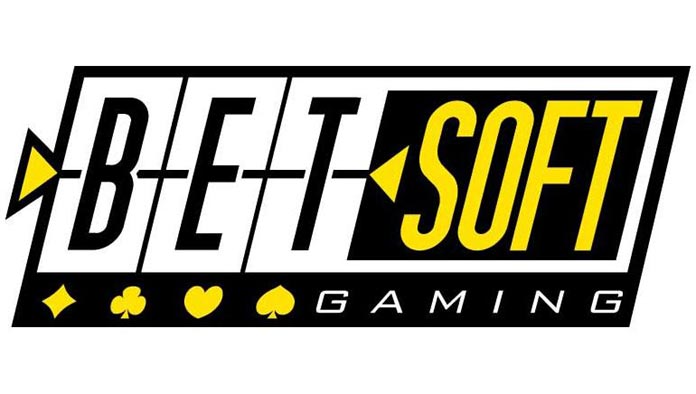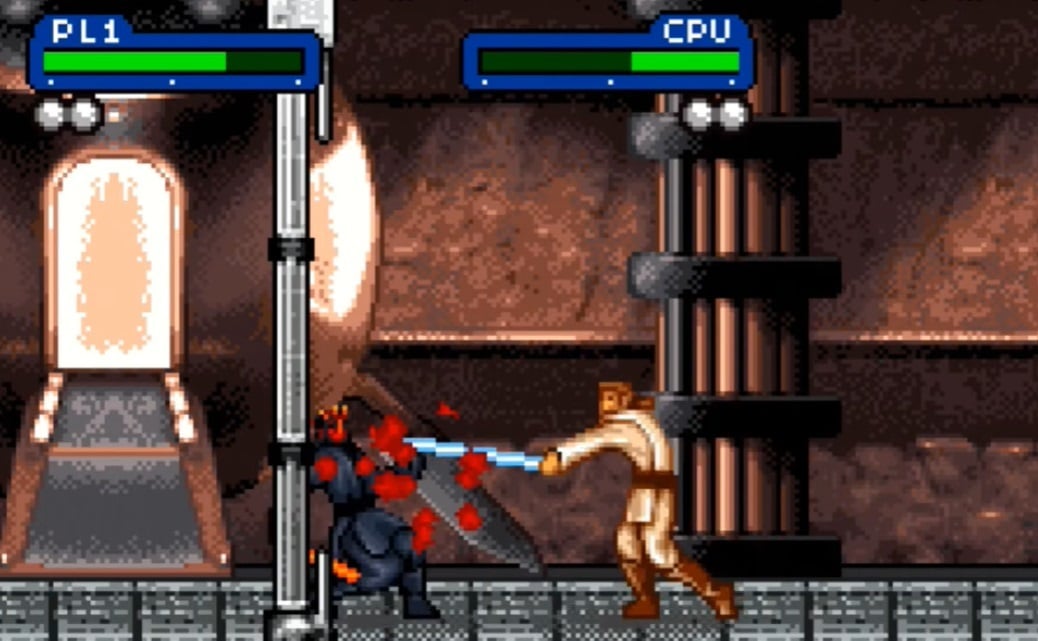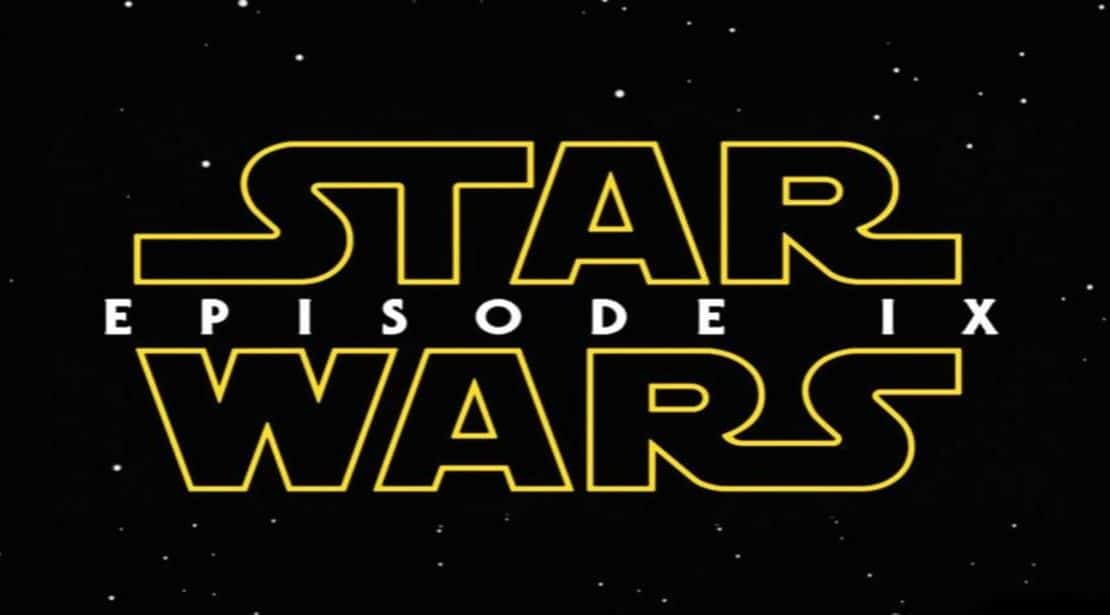The gaming industry has witnessed a significant rise in the integration of microtransactions, loot boxes, and in-game stores that offer virtual goods for real-world currency. One such example is the Cartel Market in Star Wars: The Old Republic (SWTOR). This article aims to explore the mechanics of the Cartel Market and shed light on its resemblance to gambling, particularly in the context of the random nature of Cartel Packs and the real money spent for a chance to acquire rare items.
Understanding the Cartel Market
The Cartel Market serves as SWTOR’s in-game store, providing players with a vast array of cosmetic items, consumables, and other virtual goods. One of its prominent features is the sale of Cartel Packs, which are essentially randomized loot boxes. These packs offer players a chance to obtain rare and desirable items, such as mounts, armor sets, weapons, and companions.
The Random Nature of Cartel Packs:
Similar to gambling, Cartel Packs operate on a system of chance. Players purchase these packs using real money or in-game currency, with the hope of receiving valuable and sought-after items. However, the contents of these packs are entirely randomized, and there is no guarantee of obtaining the desired item. This randomization introduces an element of uncertainty and excitement, which can evoke the same thrill as gambling.
Real Money for a Chance:
Players who are eager to acquire specific items often find themselves tempted to spend real money on Cartel Packs in pursuit of their desired rewards. The allure of potentially obtaining rare and exclusive items can be enticing, leading to an increase in spending. This aspect closely resembles the behavior seen in gambling, where individuals wager money in the hope of winning significant rewards.
Ethical Concerns and Player Well-being:
The similarities between the Cartel Market and gambling raise ethical concerns within the gaming community. Some argue that the random nature of Cartel Packs, coupled with the real money investment, may exploit vulnerable individuals who exhibit addictive behaviors. The allure of rare items and the thrill of chance can foster compulsive spending habits, potentially leading to financial strain or other negative consequences.
Regulation and Consumer Protection:
As the debate surrounding loot boxes and gambling-like mechanics in video games continues, various countries and regulatory bodies have taken steps to address consumer protection concerns. Some jurisdictions have classified certain forms of loot boxes as gambling and subjected them to specific regulations, highlighting the need for developers to be transparent about the odds of obtaining items from such randomized systems.
Player Choice and Alternatives:
While the Cartel Market offers an exciting avenue for acquiring unique items, it is crucial to provide players with alternative means of obtaining desired rewards. SWTOR has made efforts to implement additional systems, such as direct purchase options and in-game events, which allow players to obtain items without relying solely on chance. These alternatives promote a more balanced and fair approach, ensuring that players have choices beyond gambling-like mechanics.
Conclusion:
The Cartel Market in SWTOR provides players with a wide range of virtual goods, but its randomized nature and resemblance to gambling have raised ethical concerns within the gaming community. The allure of rare items and the excitement of chance can lead players to spend real money in pursuit of these rewards. It is essential for developers and regulatory bodies to consider consumer protection measures and explore alternative methods for players to acquire desired items, fostering a fair and balanced gaming experience while ensuring the well-being of players.


